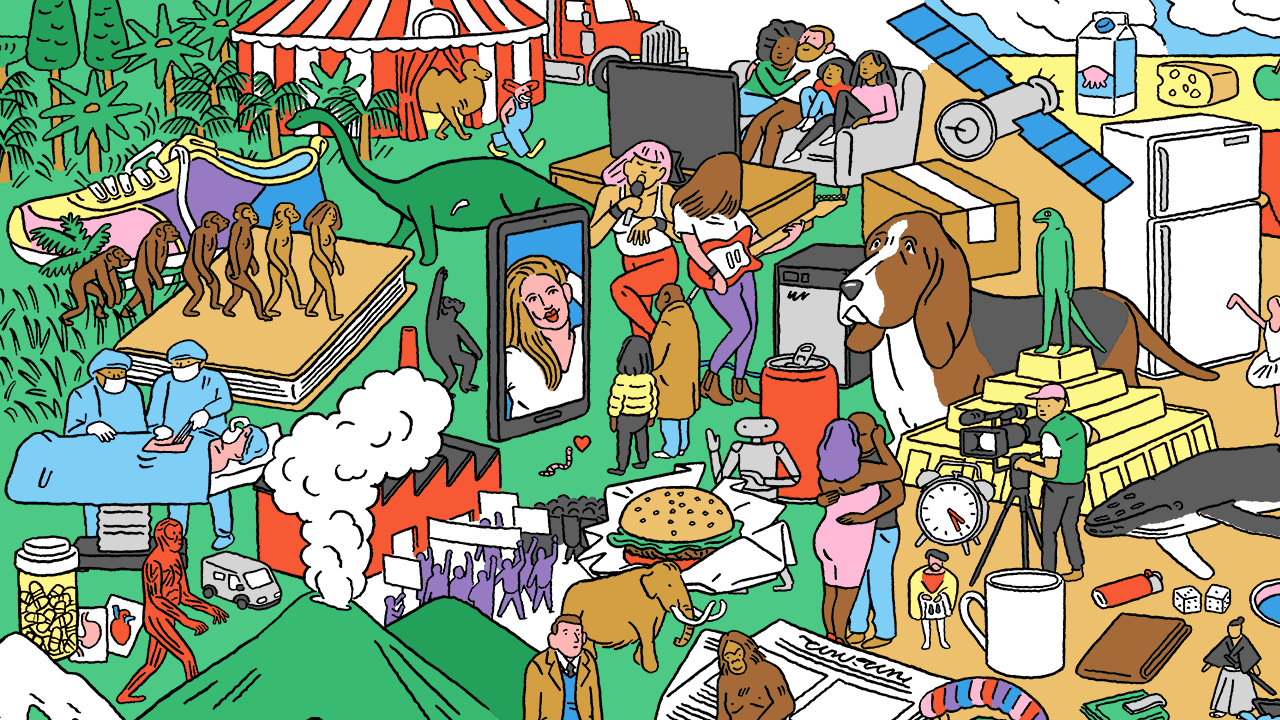P
paul29
Member
- Jun 3, 2019
- 42
The nine (9) BPD criteria, per the DSM-5:
(wording simplified)
(1) Fear of abandonment
(2) Unstable and intense relationships
(3) Unstable self-image or sense of self
(4) Impulsivity
(5) Recurrent suicidal behavior
(6) Affective instability
(7) Chronic feelings of emptiness
(8) Anger or difficulty controlling anger
(9) Paranoia or disassociation
I posit to this group that:
- These symptoms are NOT the result of personality or anything "from within";
- Rather, they are entirely reactions to external circumstances;
- Any individual - literally, anyone - will exhibit these behaviours in response to sufficiently traumatic circumstances; and,
- Chronic exposure to such circumstances will erode resilience and create maladaptive instincts, conditioning the individual to resort to these behaviours whether or not circumstances warrant.
It follows that the correct response should not be to fault the individual or the "personality", but rather to:
- Remove the sources of circumstantial damage / trauma; and,
- Immerse the individual in healthy affection until such time as their resilience is rebuilt and their instincts are re-conditioned.
This approach was arguably part of dialectical behavioural therapy (DBT) as it was originally practised by its founder, Dr. Marsha Linehan, as part of a DBT whole alongside the less-important skills training - but alas, DBT has become eroded over time into skills training alone, not because skills training is what sufferers need, but rather, out of laziness and apathy, since skills training is cheap and easy to deliver, which the preceding is certainly not.
Would love reactions / opinions.
(wording simplified)
(1) Fear of abandonment
(2) Unstable and intense relationships
(3) Unstable self-image or sense of self
(4) Impulsivity
(5) Recurrent suicidal behavior
(6) Affective instability
(7) Chronic feelings of emptiness
(8) Anger or difficulty controlling anger
(9) Paranoia or disassociation
I posit to this group that:
- These symptoms are NOT the result of personality or anything "from within";
- Rather, they are entirely reactions to external circumstances;
- Any individual - literally, anyone - will exhibit these behaviours in response to sufficiently traumatic circumstances; and,
- Chronic exposure to such circumstances will erode resilience and create maladaptive instincts, conditioning the individual to resort to these behaviours whether or not circumstances warrant.
It follows that the correct response should not be to fault the individual or the "personality", but rather to:
- Remove the sources of circumstantial damage / trauma; and,
- Immerse the individual in healthy affection until such time as their resilience is rebuilt and their instincts are re-conditioned.
This approach was arguably part of dialectical behavioural therapy (DBT) as it was originally practised by its founder, Dr. Marsha Linehan, as part of a DBT whole alongside the less-important skills training - but alas, DBT has become eroded over time into skills training alone, not because skills training is what sufferers need, but rather, out of laziness and apathy, since skills training is cheap and easy to deliver, which the preceding is certainly not.
Would love reactions / opinions.


